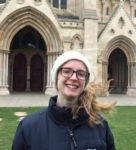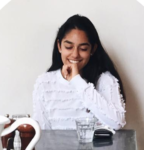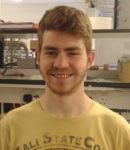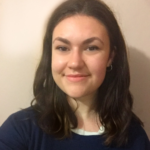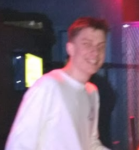
Masa is using a Monte Carlo approach to optimize the positioning of rigid fragments in disordered crystalline structures, and implementing this into CRYSTALS.
He also plays baseball for the University team, and enjoys watching football & rugby on the weekends. Masa’s first experience of programming was in PHP (making a twitter bot), but these days … Read the rest

